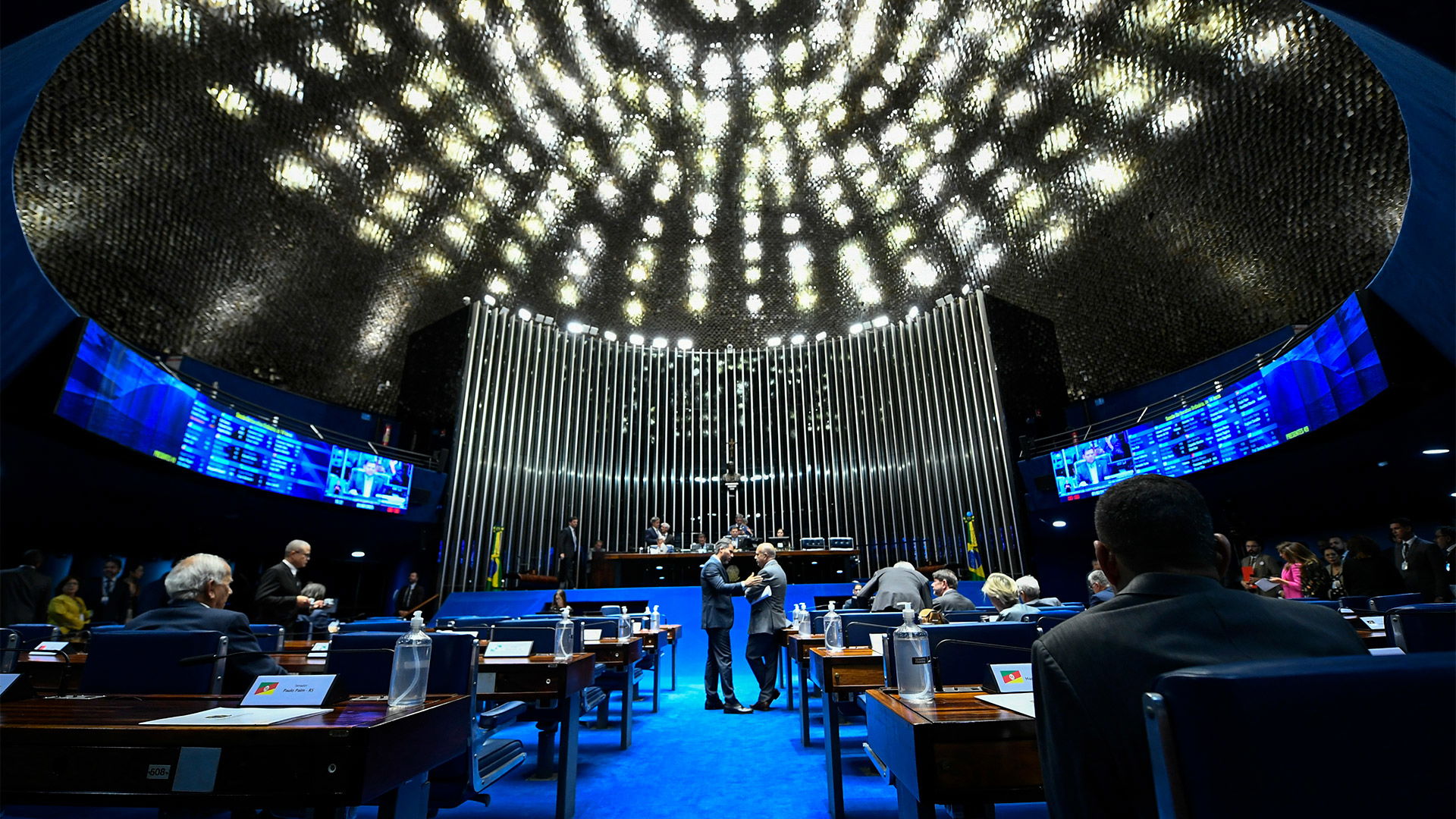Philippines warned on money laundering risks in iGaming, crypto

Moody’s has advised the Philippines to remain vigilant against potential money laundering through cryptocurrency and online gambling, following the country’s removal from the European Commission's list of high-risk jurisdictions.
The delisting comes after the Philippines was also removed from the Financial Action Task Force's gray list in 2023, which ended over three years of intensified monitoring. These developments are expected to improve the country’s financial credibility internationally and may ease access to investment and cross-border finance from European Union markets.
Despite the improved status, Moody’s advised that vulnerabilities remain, particularly in sectors with high exposure to illicit financial activity.

Xiao Chen, associate director at Moody’s, said continued vigilance will be essential, especially in online gaming and cryptocurrency, to ensure that residual risks are effectively managed. While there have been improvements in the post-Philippine Offshore Gaming Operators (POGO) landscape, sustained monitoring and enforcement are necessary to prevent backsliding.
Authorities in the Philippines are already tracking new sources of financial crime risk. Bangko Sentral ng Pilipinas (BSP) Governor Eli Remolona Jr., who also chairs the Anti-Money Laundering Council, said government institutions are in what he described as an “arms race” against evolving illicit finance threats. He pointed to advances in digital technologies as a likely source of future risk, requiring regulators to adapt their enforcement strategies.

The Philippines has a long-standing record of engagement with global anti-money laundering watchdogs. In 2002, the country was blacklisted by the FATF due to deficiencies in its legal framework for countering money laundering. It was removed from that list in 2005 after enacting reforms.
In June 2021, it was placed on the FATF’s gray list following the identification of 18 regulatory shortcomings. That status posed potential costs and delays for cross-border transactions, affecting sectors such as remittances and financial services. The country was removed from the gray list in 2023 after addressing those issues.
While the European Commission’s delisting aligns with the FATF’s earlier action, analysts say the removal does not eliminate the potential for renewed scrutiny. Online gambling and crypto-related businesses remain a focus for regulators, who are expected to continue applying risk-based approaches in line with international standards.

















